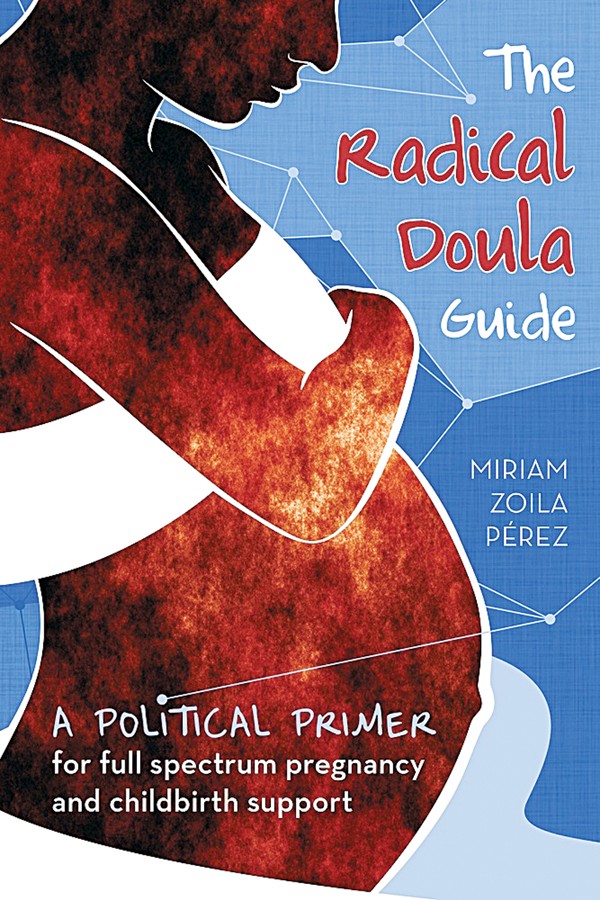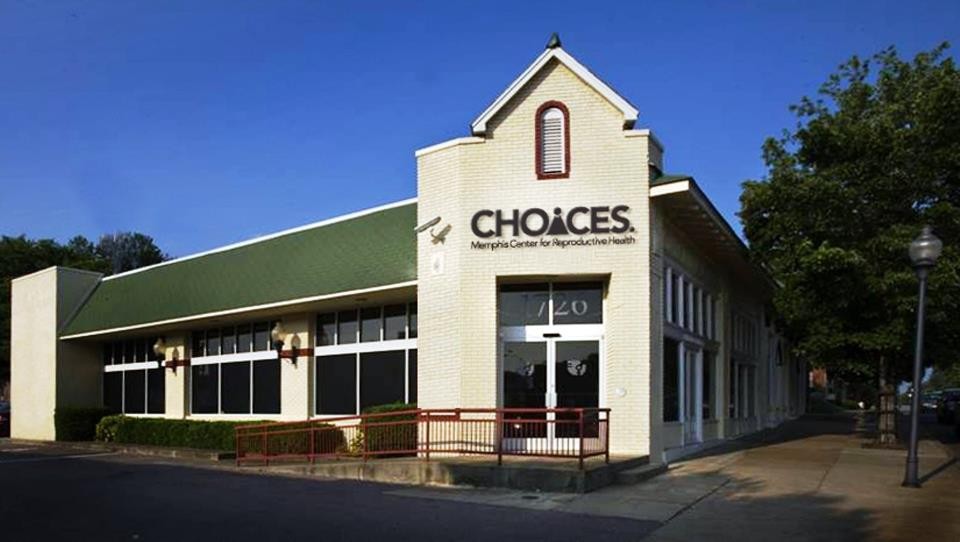 Facebook/CHOICES
Facebook/CHOICES
CHOICES’ main clinic on Poplar
CHOICES: Memphis Center for Reproductive Health is receiving a $5,000 grant to assist in its efforts to transform LGBTQ health equity in the South.
CHOICES, a non-profit that offers reproductive health care services here, including transgender healthcare, is one of four recipients of the community grant.
The Campaign for Southern Equality (CSE), an Asheville, North Carolina-based organization working to improve LGBTQ equality in all areas, also awarded grants to organizations in Asheville, Greenville, South Carolina, and Richmond, Virginia.
CSE awarded a total of $30,000 to CHOICES and the other three organizations in an effort to “promote innovations in providing health care to better serve LGBTQ Southerners.”
“The infusion of funding to organizations on the leading edge of serving LBGTQ Southerners is designed to support new models in the South that increase access to care and ensure that people are treated with dignity and respect in health care settings,” a statement from CSE reads.
More than one third of all LGBTQ Americans live in the South, where they experience “disproportionate health disparities,” according to the group.
“The South is the epicenter for the modern HIV crisis in the United States, particularly for transgender women of color and black men who have sex with men,” CSE’s statement continues. “Transgender and non-binary Southerners are frequently confronted with ignorance or discrimination while seeking care.”
Rev. Jasmine Beach-Ferrara, executive director of CSE said health care is a “human right that is fundamental to being able to survive and thrive.” The goal is for the grant recipients to use “innovation and grit to create new models to help Southern LGBTQ people access the care they need and deserve,” Beach-Ferrara adds.
With the grant, CHOICES plans to provide free sexually-transmitted infections (STI) testing, education, and referrals to LGBTQ patients through a pilot program in partnership with OUTMemphis.
[pullquote-1]
“With funds from the Southern Equality Fund, CHOICES is excited to work with our local partner to provide free STI testing and linkage to care for LGBTQ persons in Memphis,” Katy Leopard, assistant director of CHOICES, said.
Currently, CHOICES provides wellness exams to LGBTQ patients that include breast exams, birth control consultation, HIV testing, hormone management, and overall health evaluations.
Leopard said the clinic has nearly 200 transgender patients in the Mid-South area and that it can be difficult for those patients to find care elsewhere in Memphis.
“It’s very difficult for that population to find caring providers who ask questions in the right way and don’t ask unnecessary questions,” Leopard said. “A lot of our transgender patients have been wronged by the healthcare system. So they have a real wariness when coming to see a healthcare provider at all. So the fact that they see CHOICES as a place where they can come and be respected and valued is really big.”
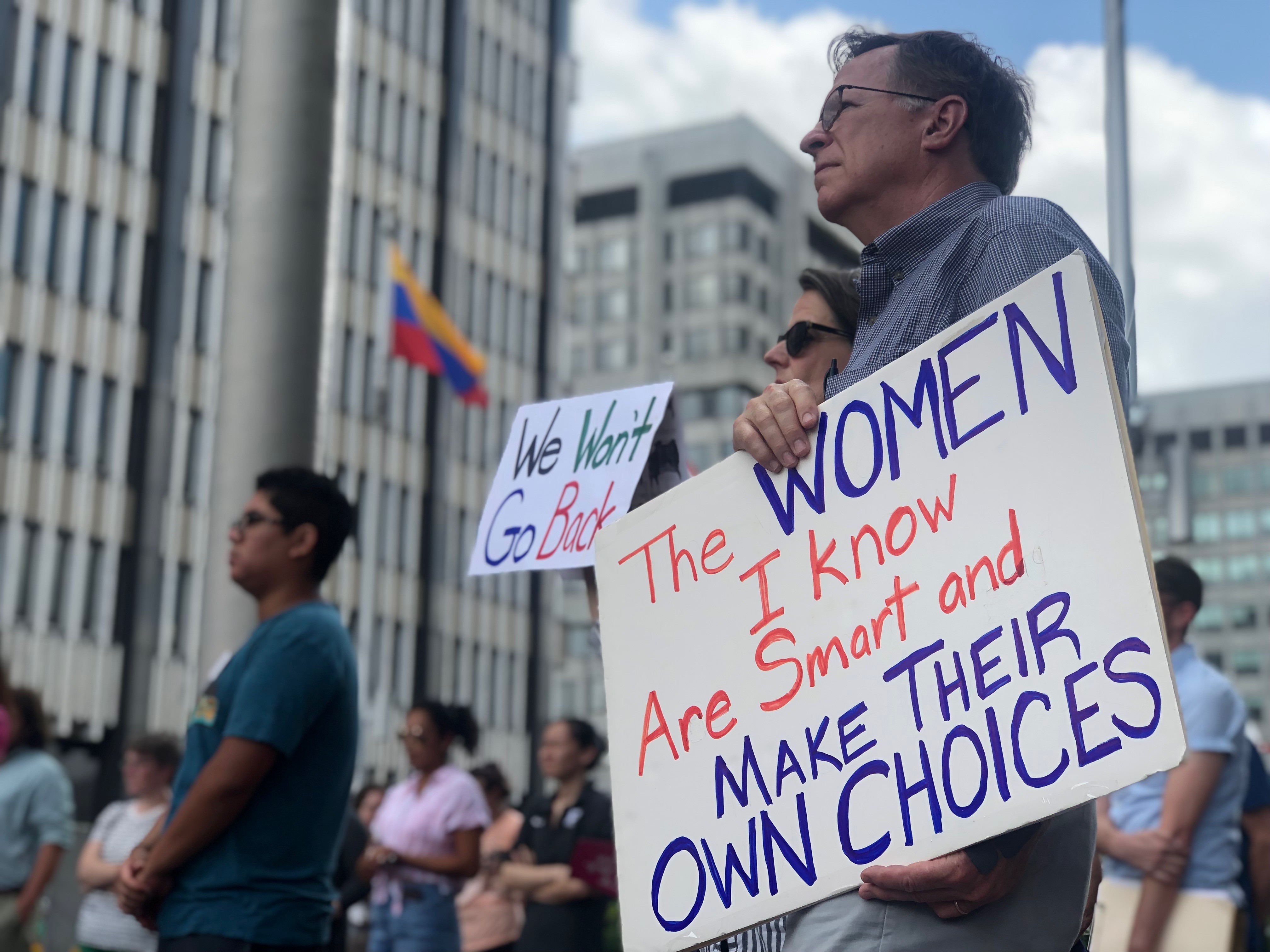 Maya Smith
Maya Smith 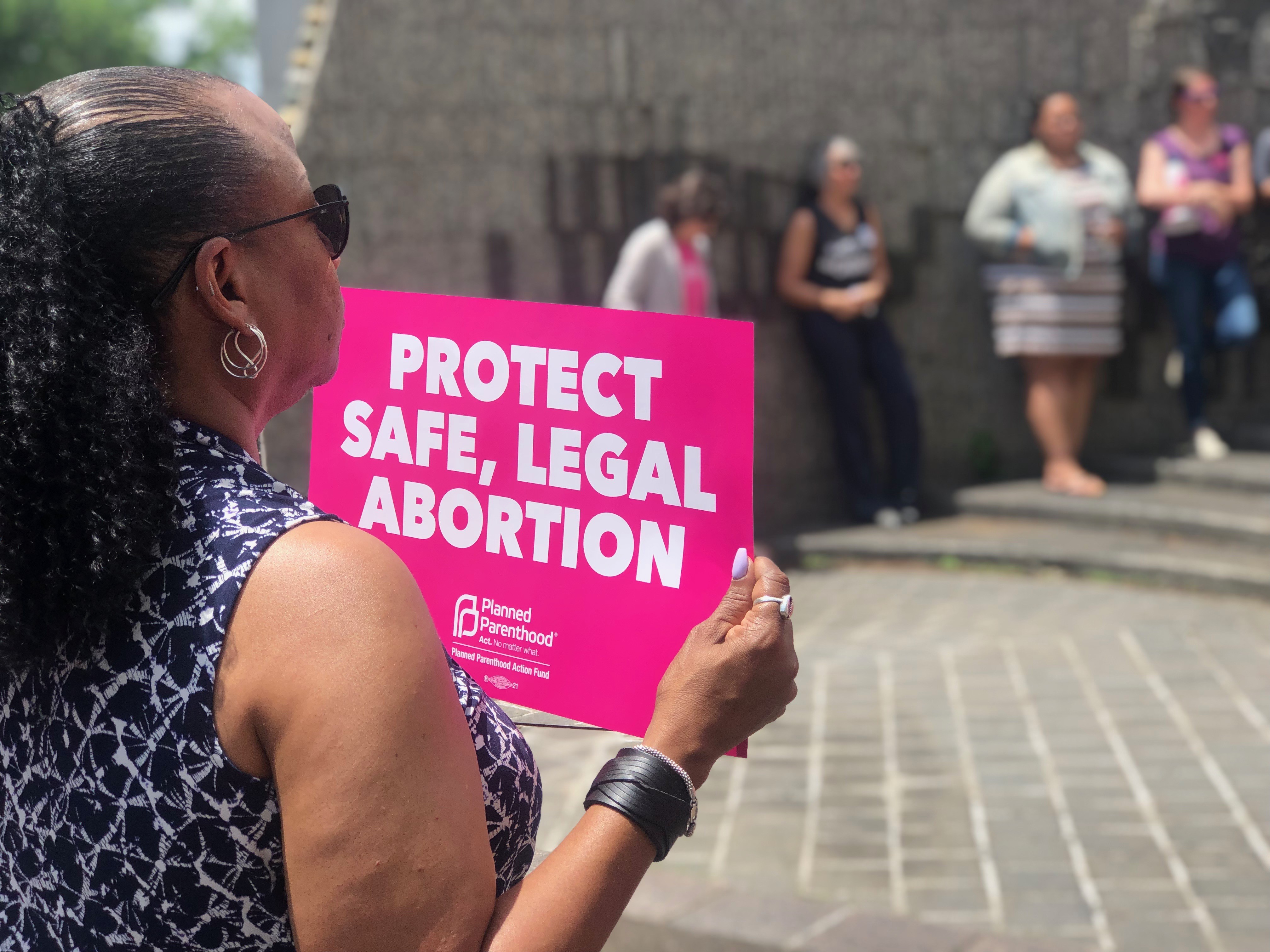
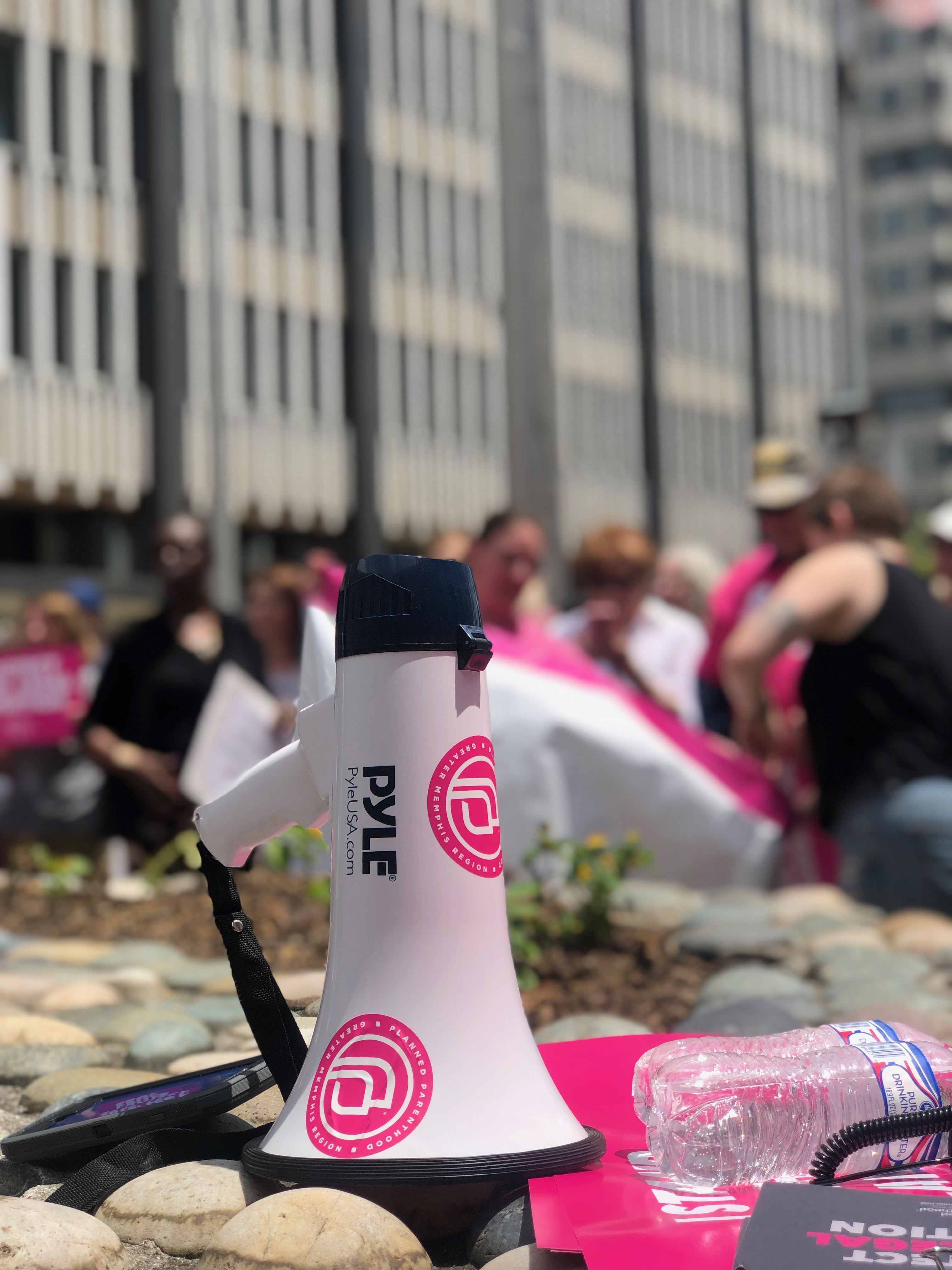
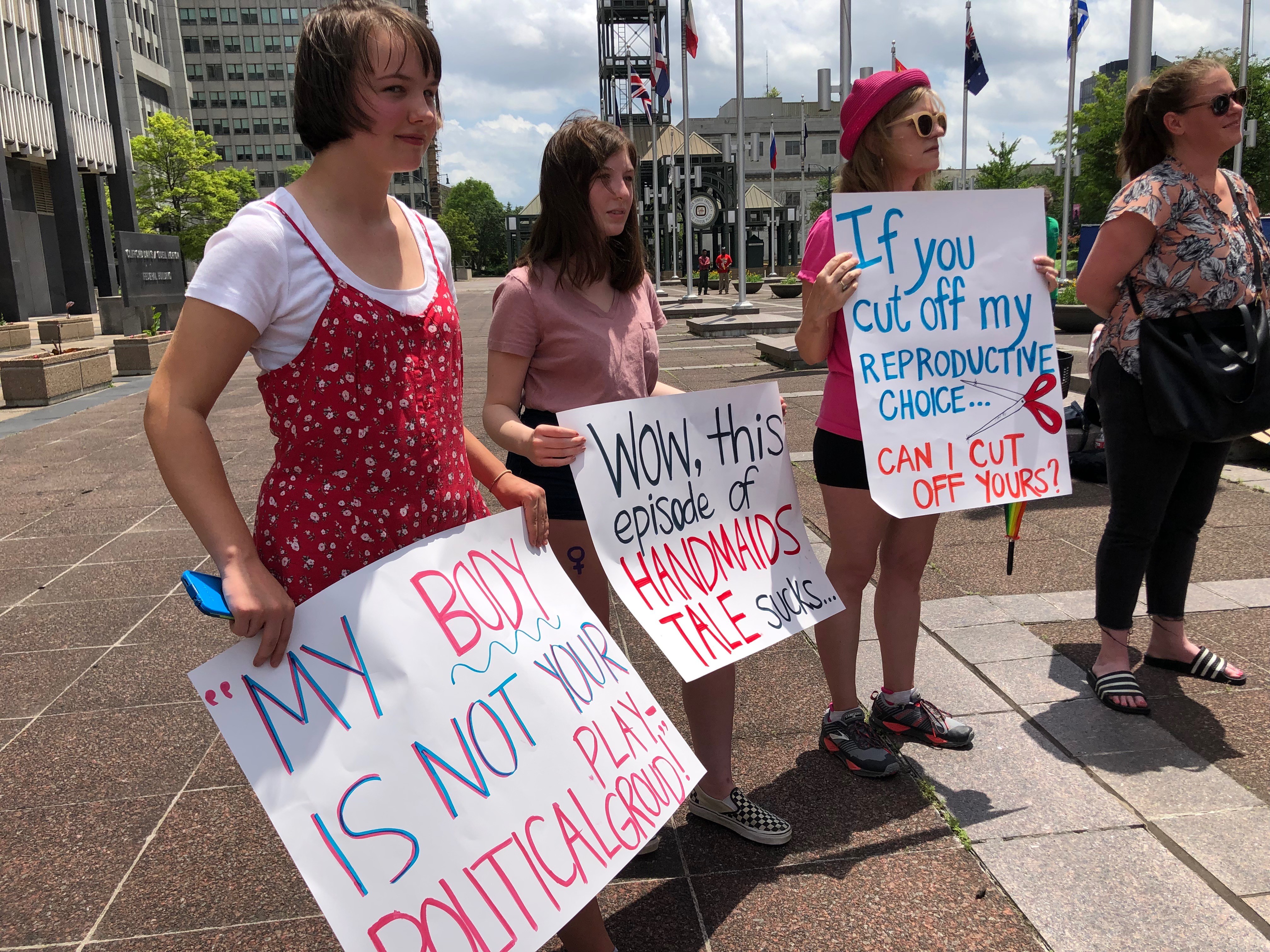
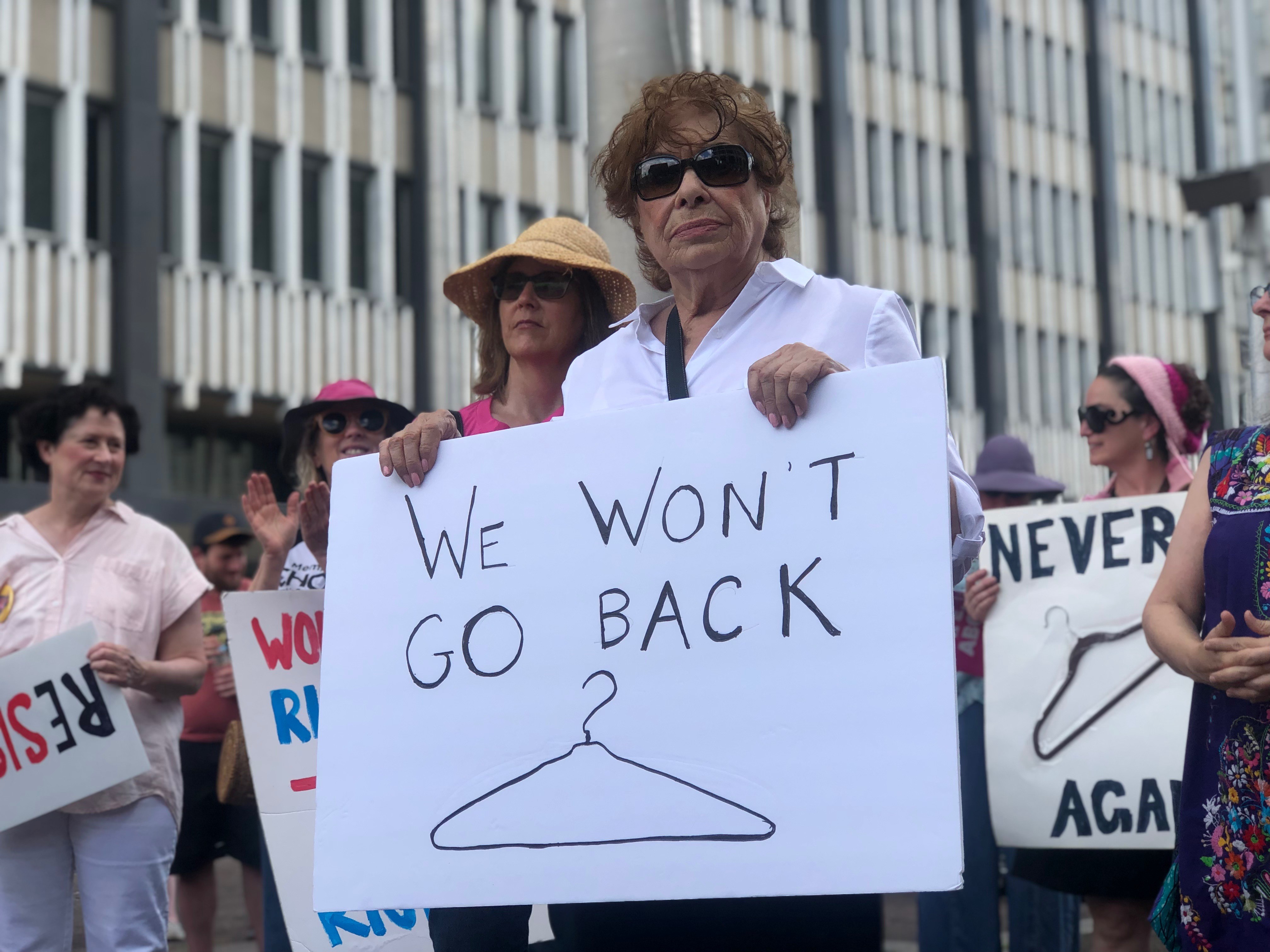
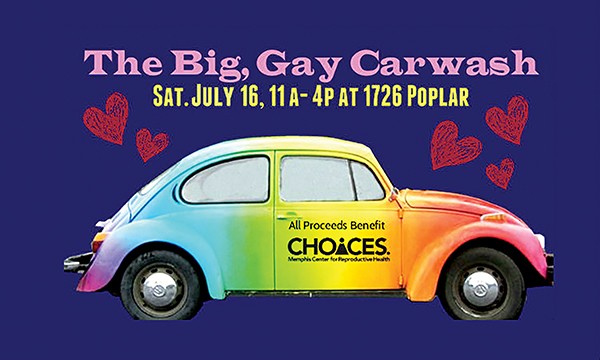

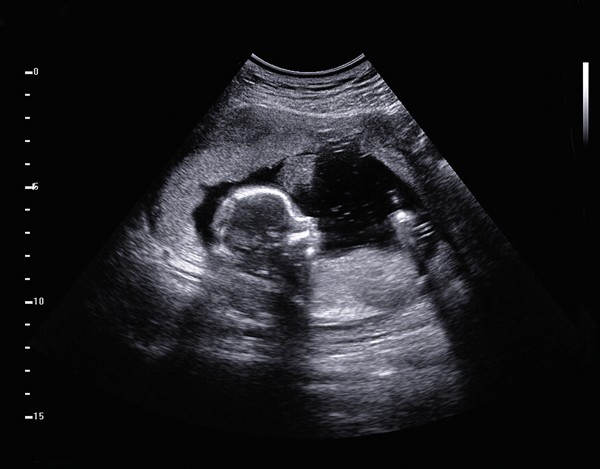 Mitar Gavric | Dreamstime.com
Mitar Gavric | Dreamstime.com 